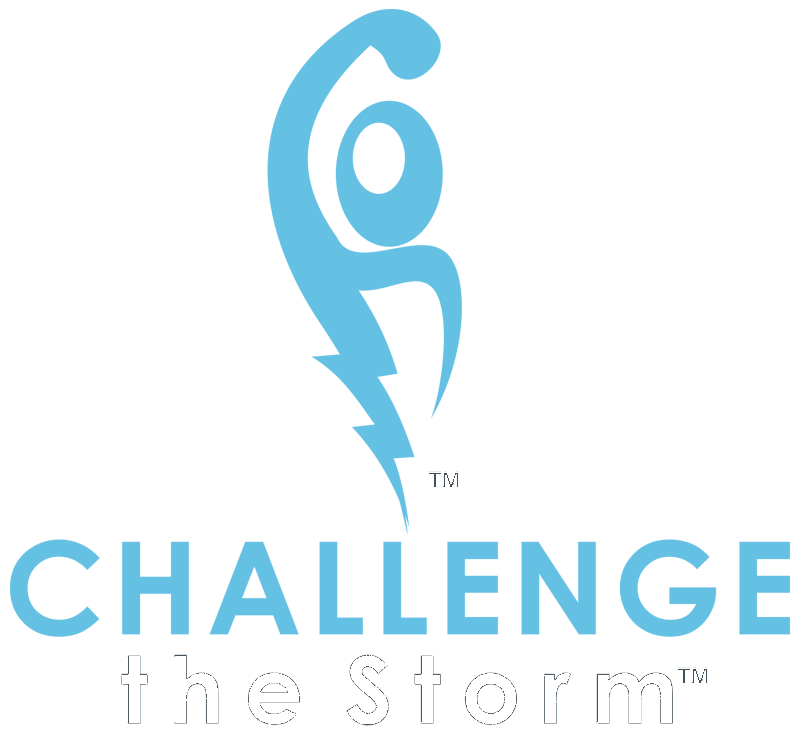What Does a Diagnosis Mean?

I’ve been struggling recently to understand just what a diagnosis means to those who have a mental illness. I have been diagnosed with a few (depression, generalized anxiety, adult ADHD), but sometimes I don’t know that this is accurate. Most of it fits, but the medication I am on better aligns with other disorders, such as Bipolar II or Borderline Personality Disorder (BPD). And when I look back at the past 10 - 15 years, I can see indications of where these other diagnoses may have been more appropriate. But when I was seeing doctors and therapists, I may not have been exhibiting all the symptoms (such as mania), so they found another explanation. I am not questioning the abilities of my healthcare providers in the least. This is more of a philosophical question to ponder. (Note, only a certified mental healthcare professional can issue a formal diagnosis. This article is not intended to encourage self-diagnosis. Rather, I want this to encourage asking questions.)
Now, I know that a diagnosis does not define me. It does not define any of us. We are simply not our diagnosis. But when I start questioning if the diagnosis is “correct”, I begin to itch.
What does it affect?
A few things are tied to a specific diagnosis, most of which are merely starting points for deeper discussion or research. Medication, for example… I started with one thing, then tried another, then another, then a combination of a few, and so one. Years later, I found a combination of a few that seems to be working pretty well for me. But it took years, and a lot of trial and error, and guess what… my medication regimen doesn’t directly align to any particular diagnosis. I may have depression, but an anti-depressant didn’t do the trick all by itself. So we tried and added others in various combinations until I started to (using a word I dislike) stabilize. I tried mood stabilizers, anti-seizure and anti-psychotics, SSRIs, SNRIs, Tricyclics, and so on. I won’t share what I landed on because medication is very personal, and I don’t want anyone getting the idea that just because it worked for me, it will work for you. We are all unique and need professional help to determine the best course of action.
Another starting point using a diagnosis is therapy. It’s a great tool to get to know a person, but over the course of months, or even years, the therapist gets to know you beyond a diagnosis on a piece of paper. This is something I started discussing with my therapist a few weeks ago, actually. And it got me thinking… what would it mean about me if my diagnosis changed? I’d like to think that nothing will change but I don’t know if that’s true. The way I view myself may be different. The way I relate to others who struggle with similar diagnoses may be different (more relatable?). At the end of the day, a diagnosis is really just a way of bucketing people with like symptoms — not just for treatment purposes — but for billing purposes as well.
What if?
I sit and wonder… what would a world look like without categorized diagnoses — a label to put on your illness? The long-term treatment wouldn’t change. Your mood, behavior, and personality wouldn’t change. So what would? Perception. The perception of you by yourself, probably by others, as well. So does a diagnosis, a label, feed into the stigma around mental illness? I vote yes. It has to, right? These labels become synonymous with words like “crazy”, “unstable”, and so on, feeding into the public’s perception of us as individuals, solely based on that label. An unfortunate truth. So if diagnoses, labels, didn’t exist, would that help reduce the stigma? Perhaps. But that’s not our reality.
When you look at it as a whole, diagnoses are important. They help our healthcare providers treat us, they help insurance companies pay for some of that expense, and they help give some reprieve to people who are struggling, being able to identify — put a name to — what ails us. Often, this helps us feel less alone, too, knowing others are out there going through similar struggles. So what have I come to learn through all of this? Are diagnoses important? Absolutely. Should they define us? Absolutely not. But do they change the perception of who we are, both to ourselves and to the world around us? I think so, for good or for bad.
Do you question your diagnosis or are you having trouble grappling with that diagnosis? Leave a comment below and let us know what you’re thinking.










